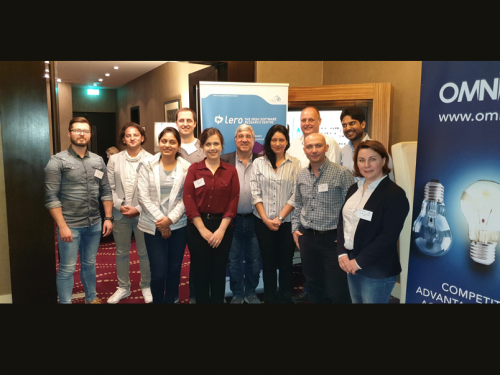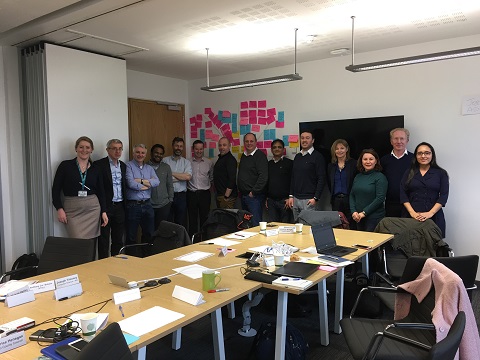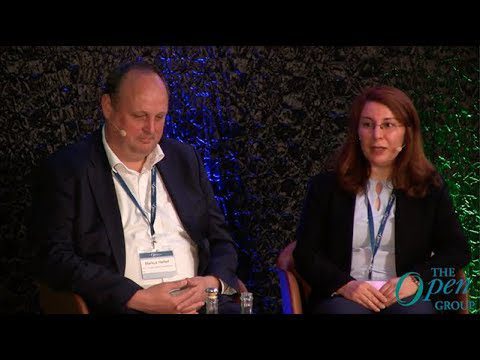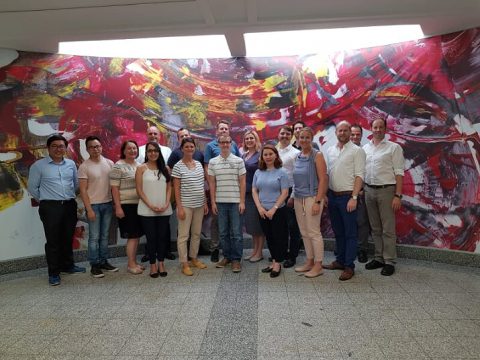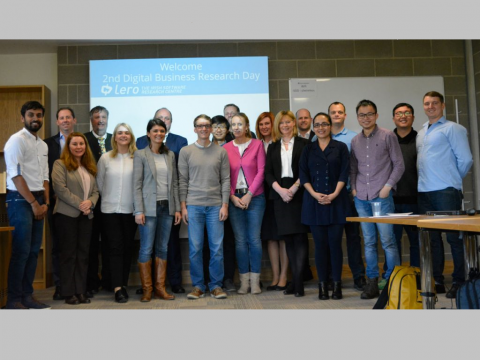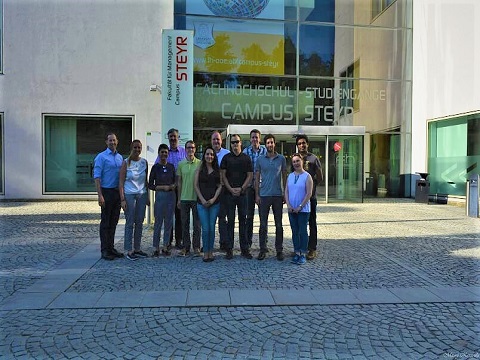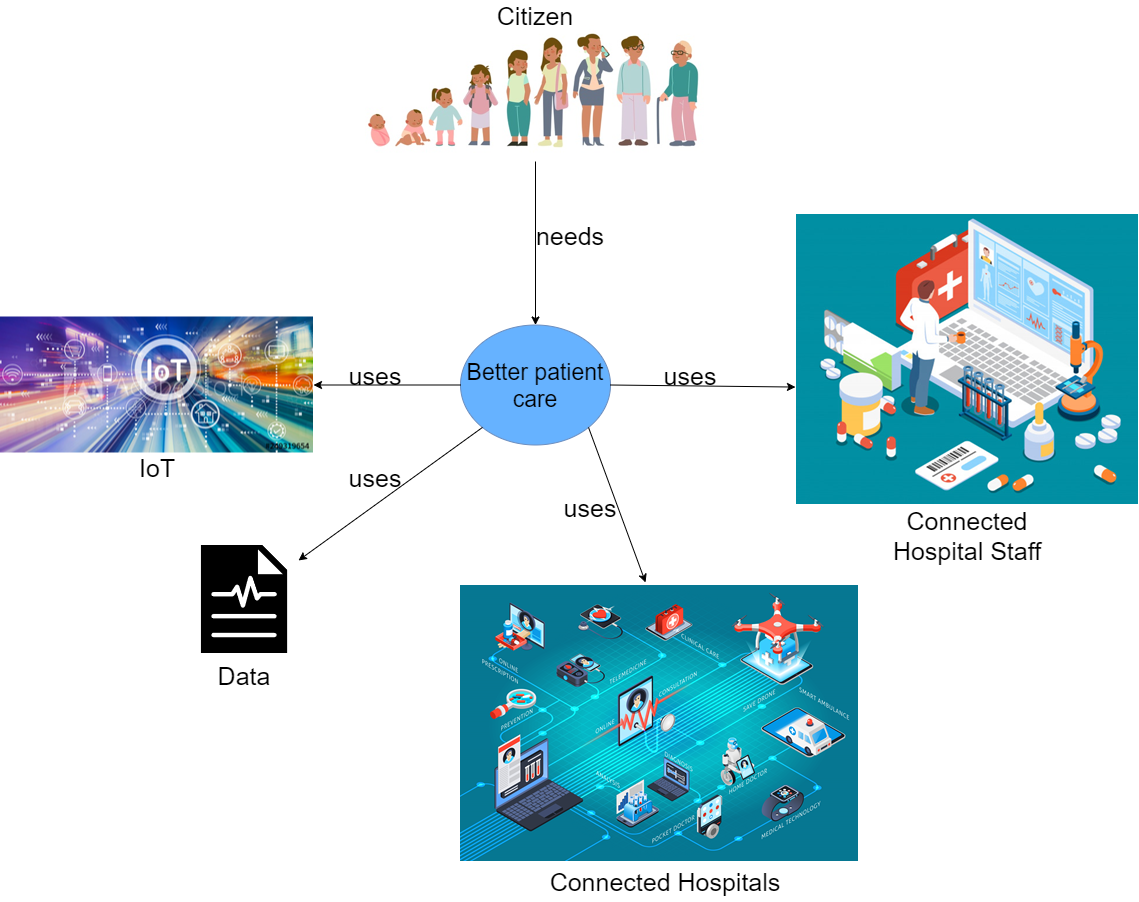Acknowledgements
This project has been supported with the financial support of the Science Foundation Ireland grant 13/RC/2094 and co-funded under the European Regional Development Fund through the Southern & Eastern Regional Operational Programme to Lero – the Science Foundation Ireland Research Centre for Software (www.lero.ie).
We would like to thank the following institutions for their assistance and collaboration:
- Limerick City and County Council, Ireland
- Netanya Municipality, Israel
- Ariel University, Israel
We would like to thank the following individuals for their assistance and contributions:
- Professor Iris Reychav, Department of Industrial Engineering & Management, Ariel University, Israel
- Beatrice Heneghan, Head of Information Systems Mayo County Council, Ireland
- Antti Knutas, Department of Software Engineering, LUT University, Finland
- Zaher Hinbarji, School of Computing, Dublin City University, Ireland
Copyright
Copyright © 2018-2020 scrita.lero.ie All rights reserved. All content on this web site is the property of scrita.lero.ie. This includes text, architecture diagrams, logos, and images that are protected by international copyright laws.
Terms of Use
The selection, arrangement, and presentation of all materials on this web site and the overall design are owned by scrita.lero.ie. These materials can be used only with acknowledgment and attribution to scrita.lero.ie and its authors.


